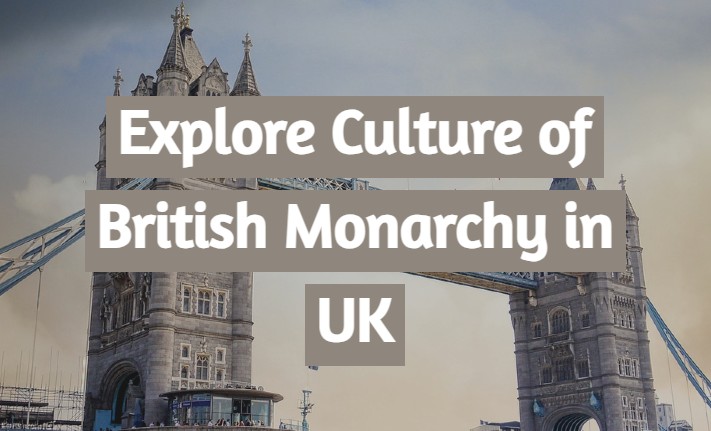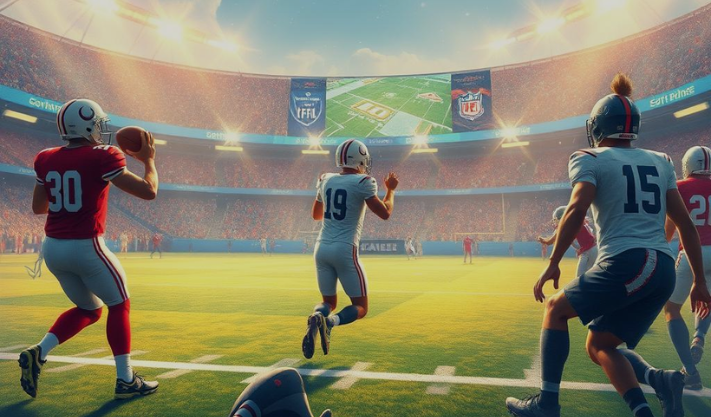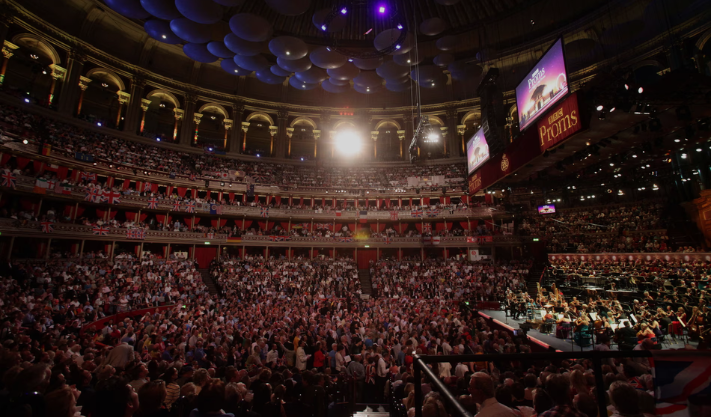Explore British Monarchy in UK
What is the Role of the Monarchy of the United Kingdom?
The Monarchy in the United Kingdom is the oldest type of government. The current king is Charles III, who became king in 2022 when his mother, Queen Elizabeth II, passed away. Charles is from the Windsor family, which has been ruling since 1910. The Monarchy in Britain works with Parliament and hasn’t had complete power over the country since 1215. The king can’t make decisions on his own. Instead, he follows the rules set out in the constitution. The king also works closely with ministers and acts as a symbol of the Church of England.
The British monarch is like the boss of the country, but they have different jobs. They represent the UK in important matters both at home and abroad. In the UK, we have a type of government called a constitutional monarchy. This means the king or queen is mainly a symbol for the country. They can’t have all the power because we follow rules called the constitution. So, the monarch has to work with another group called Parliament, which includes the Prime Minister, to make decisions.
In the past, the UK was known for ruling over many parts of the world. Some places still belong to the UK and have the same king or queen. These places are like special regions and islands. For example, there’s Northern Ireland, Guernsey, Jersey, and the Isle of Man. There are also places far away like Bermuda, Gibraltar, and the Falkland Islands. We even have a spot in Antarctica! These places all follow the UK’s rules and have the same monarch.
The British Monarchy’s Powers: History
In the old days, England had one ruler, called a monarch, from the Anglo-Saxon times in 1033 until the Magna Carta was created in 1215. For nearly 200 years, the British Monarchy had a lot of power. The king could do almost anything he wanted. He could conquer other lands and make rules as he pleased. But then, in 1199, King John took the throne after his brother, King Richard the Lionheart, passed away. King John didn’t have a very successful reign. He lost control of Normandy to the French king and had to tax the English nobles heavily to cover the costs. He also argued a lot with the Pope and sold church jobs to get more money. When he tried to win back Normandy but failed again in 1214, the barons had had enough. They rebelled against him in 1215, led by the archbishop of Canterbury. They wanted King John to follow certain rules and not abuse his power. Overwhelmed by the rebellion, King John had no choice but to agree to their demands.
A big change in reducing the king’s power and setting up fair rules was when they signed the Magna Carta in 1215. The king’s power got even less after a war in the 17th century called the English Civil War. This war ended with King Charles I being executed. Parliament became more important, and in 1688, the Glorious Revolution happened. This made the UK into a constitutional monarchy, where the king or queen has to follow certain rules. This was the start of how the monarchy works today.
A Cultural and Symbolic Function
In the UK, the monarchy is very important for our culture and identity. It helps us feel like we’re all part of one nation. The king or queen represents the country at special events and ceremonies. The Royal Family gets a lot of attention, both from people in the UK and from other countries.
Economic Impact and Tourism
The monarchy also affects our country’s money and tourism. Lots of people from different countries visit the UK to see royal places and events. The monarchy supports charities and helps boost our tourism industry.
Does the King Have Power?
Even though the King doesn’t have political power, he does have a role to play in politics. His power comes from his social duties in politics. He needs to pick the Prime Minister after they’ve been voted in by most of the House of Commons. He can’t vote himself, but he needs to have a good relationship with the Prime Minister. They meet every week to talk about what’s happening in Parliament. Even if he doesn’t always agree, his opinion is still important. But usually, Parliament persuades him to agree with their plans. The King doesn’t really influence Parliament’s decisions. But he still gets a lot of respect and is seen as an important part of the government. He has to give his royal approval for any new laws to be made. Having trust between the King and the government, especially the Prime Minister, is really important for everything to work well.
Other Roles of the King
The King has more jobs to do besides politics. He gives a speech every time a new Parliament starts, on holidays, and at special events. In these speeches, he focuses on supporting the people and doesn’t get involved in political arguments. People see the royals like famous people, representing what’s important to them in different situations. The King’s speeches are usually written for him, but he can change them if he wants. He also gets to choose government ministers, members of the House of Lords, and other important positions. As the boss of England’s armed forces, he can appoint officers and organize military missions. He usually listens to Parliament and military experts’ advice, but he stays updated and gives his approval before any military action happens.
Three Important Facts About the United Kingdom Monarchy
1) Who Can Become King or Queen
In the past, the king’s eldest son always became the next king, starting with William the Conqueror. But in 1702, the British Parliament changed this with the Act of Settlement. It said that if King William III died, the title would go to Anne or her children, as long as there wasn’t a son to take over. Before this, boys always got the throne before girls, according to English law. The Act also said that anyone who married a Roman Catholic couldn’t be king or queen, showing how important the Church of England was.
2) Saying No to Marriages
In 1772, the Royal Marriage Act gave the king the power to stop any royal family member from marrying someone he didn’t like. For example, King George III didn’t like his brother Prince Henry marrying a commoner named Anne Horton. Since then, royals have needed the king or queen’s permission to marry. Sometimes, they don’t get it. For instance, Princess Margaret’s sister, Queen Elizabeth II, couldn’t marry her boyfriend Peter Townsend because he was a commoner and had been divorced.
In 2013, the Succession to the Crown Act changed things. It meant that royal family members who aren’t in the first six to become king or queen could marry without the king or queen’s permission, which limits their power a bit.
3) Can Royals Marry Commoners?
Royals have been marrying commoners since the 15th century, but it’s always caused a fuss in a family where who becomes king or queen depends on who they’re related to. King Edward IV secretly married Elizabeth Woodville, who was a widow of a commoner, in 1464. Even future King James II married a commoner named Anne Hyde.
Over time, royal weddings have changed along with how people think about marriage, divorce, and relationships. Both Prince William and Princess Diana’s kids were allowed to marry commoners. In 2011, Prince William married Kate Middleton, whose parents owned a party supply company. And in 2018, his brother Harry married Meghan Markle, who was an American actress.
Frequently Asked Questions (FAQs)
What does the Monarchy do in the UK Government?
The Monarchy in the UK mainly has ceremonial and symbolic roles in government. The king or queen follows the advice of elected officials and has to obey the rules set out in the constitution. They perform ceremonial duties and represent the nation.
How do you become the next king or queen?
The first child, whether a boy or girl, becomes the heir to the throne. This is called primogeniture. In 2013, the law changed so that boys and girls have equal chances to become the next monarch.
Does the Monarchy have any real power in Britain?
No, the Monarchy’s power is mostly just symbolic. The Prime Minister runs the government, and elected officials handle day-to-day tasks, while the king or queen does ceremonial duties.
Why is the State Opening of Parliament important?
During the State Opening of Parliament, the Queen gives a speech outlining the government’s plans for new laws. It’s a big ceremony that shows the Monarchy’s role in making laws and marks the start of a new session of Parliament.
Do the Royal Family help with charity work?
Yes, many members of the Royal Family are involved in charity work. They support various causes and raise awareness about social issues, which often leads to more support and attention for those causes.
Published: 11th April 2024
Also Read:
Financial Fitness: Strengthening Your Money Management Skills in the UK
The Power of Pound Sterling: Maximizing Your Money in the UK
Making Money Work for You: Practical Advice for Financial Success in the UK






















